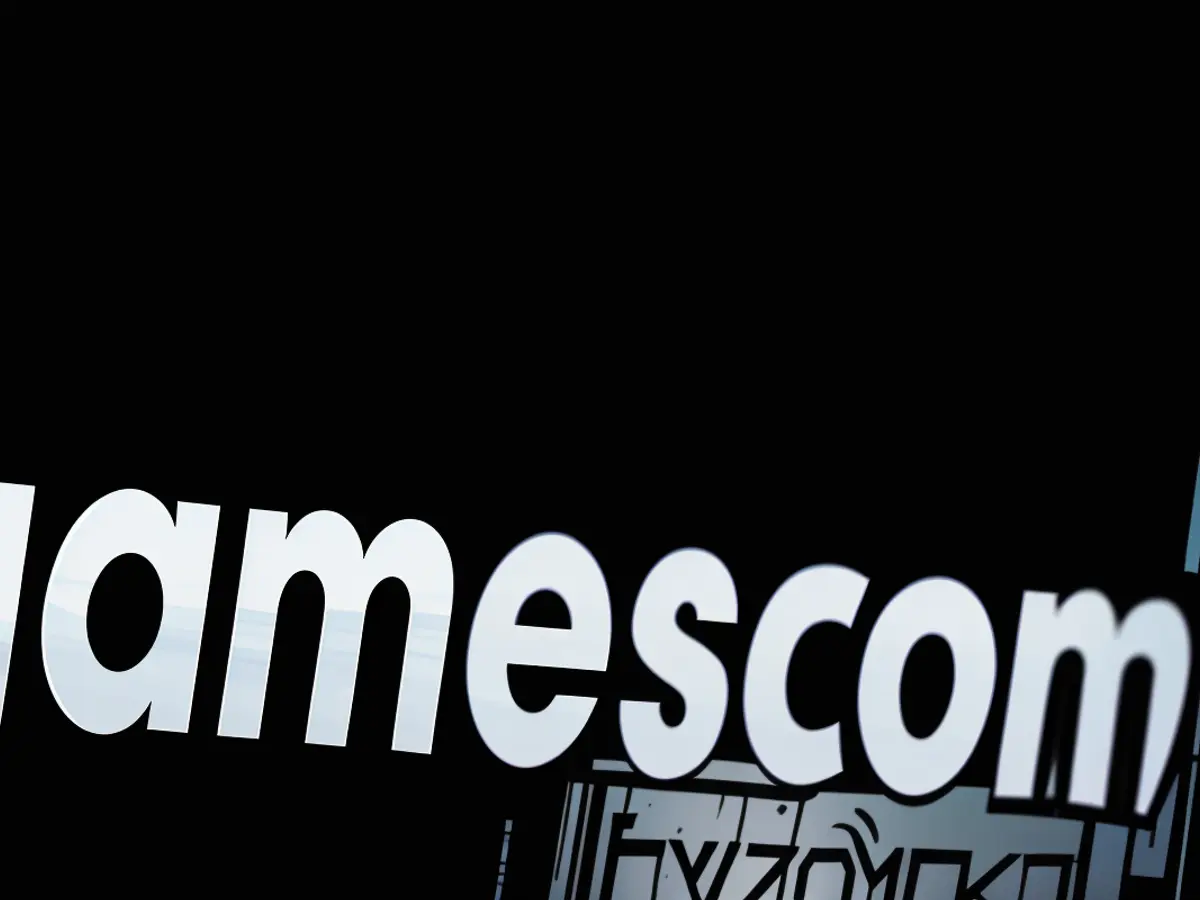- The game industry is taking a break from growth
Following its first revenue decline in years, the computer games industry is pinning its hopes on the Cologne-based Gamescom event to regain momentum and return to a growth trajectory. In the first half of 2024, game revenues in Germany stood at around 4.3 billion euros, six percent lower than the previous year, according to the industry association Game, citing data from market research firms GfK and data.ai. This includes computer and video games, hardware, and online services.
Hardware sales significantly down
The performance across sectors varied: Notably, demand for hardware - including consoles, gaming PCs, and accessories - weakened, with an 18 percent drop to 1.18 billion euros. Game revenues in Germany in the first half of 2024 amounted to 2.59 billion euros, four percent lower than before. Meanwhile, online gaming services, crucial for connected play, continued their upward trajectory, increasing by 25 percent to 0.52 billion euros.
The industry statistics date back to 2014. There has not been a decline for the entire industry in the first half-year since then, making the 2024 January-to-June period the first downturn in over a decade.
In 2020 and 2021, Germany saw double-digit revenue growth during the COVID years, a sort of boom time for the industry as people had more time to play at home. Subsequently, demand in this sector, whose technical offerings are continually improving in the digital age, normalized.
Key growth drivers of the previous year absent
In 2023, there was still a notable six percent increase. Back then, an unusually high number of blockbuster games were released in quick succession, their development having been delayed during the pandemic. Although these games were expensive, fans were eager to shell out more. Additionally, consoles and other hardware were finally readily available in stores after previous supply issues.
This catch-up effect also contributed to additional revenue at the beginning of 2023. However, these two positive growth drivers - the abundance of new blockbuster games and the end of hardware shortages - were absent in 2024, leading to a slowdown in business. Moreover, the games industry is currently facing some pressure, with increased interest rates and higher labor costs worldwide having deterred investors, leading some studios to close or cut jobs.
Is there a hangover after the COVID boom? "We have a growth dip," said association CEO Felix Falk, referring to the negative half-year figures. However, he expresses confidence that growth will resume soon: "The games market won't stay in decline for long."
Gamescom on record track
The industry draws encouragement from figures related to Gamescom, the world's largest gaming event, which kicks off in Cologne next Wednesday. According to Koelnmesse, which co-organizes the event with the association Game, more than 1,400 exhibitors have already registered, a 15 percent increase from Gamescom 2023. Notably, the Gamescom has become more international, with 37 countries and regions represented this year, compared to 26 last year. New additions include India, Mauritius, Portugal, Sweden, Bulgaria, and South Africa.
"Gamescom is the best indicator that things will continue very positively in the future," said association head Falk. "The momentum of previous years will pick up again."
The German games industry employs around 12,000 people. Companies include Ubisoft with the strategy classic "Anno 1800", Deck13 with the action game "Atlas Fallen", and Wooga with the crime game "June's Journey".
While the Gamescom is the most important industry event in Germany, German studios play only a minor role internationally. "95 percent of what Germans play are games from abroad," said industry representative Falk, calling for more federal funding to give German studios a better chance in global competition. The cost disadvantage of game development in Germany compared to France, Canada, and other countries is 30 percent.
Federal Economics Minister Robert Habeck has registered as a guest speaker for the Gamescom. However, it is not to be expected that the Green politician will bring a substantial funding injection as a gift.
The absence of the growth drivers from the previous year, such as the abundance of new blockbuster games and the end of hardware shortages, contributed to the industry's slowdown in 2024, resulting in a six percent decline in game revenues. Despite this, other sectors within the industry, like online gaming services, continued to thrive, indicating a mix of challenges and opportunities for the games industry.







